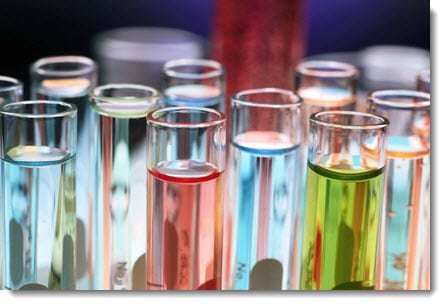
A researcher wins grants for work with ethanol fuel cells
October 3, 2012Ethanol fuel cells from Xiaowei Teng
Xiaowei Teng, an assistant professor of chemical engineering at the University of New Hampshire, has been awarded two grants from the National Science Foundation accounting for approximately $1 million. Teng won the grants for his work in the field of ethanol fuel and its use in fuel cells. The grants will help Teng further his research in this realm and develop ways to make ethanol oxidation in fuel cells more efficient. Teng’s work may be key to making ethanol fuel cells more common place in the world of energy.
Ethanol may be capable of replacing hydrogen
Fuel cells most commonly run on hydrogen. University of New Hampshire researchers believe that ethanol could have benefits over hydrogen and are keen to examine these benefits and find ways to make ethanol a more favorable fuel source for fuel cell energy systems. Teng notes that ethanol is less toxic when compared to other fuels, making attractive from a chemical standpoint, and it can also be produced through renewable sources. Teng believes that ethanol can be just as useful as hydrogen in fuel cell systems.
New fuels could bring several benefits to transportation
Ethanol is a common additive in gasoline in the U.S. The country’s ethanol is typically produced from corn stocks, refined, and then used as a method to curb carbon emissions coming from vehicles. Teng notes that using the fuel in traditional engines is grossly inefficient. Using ethanol fuel cells, however, could produce profound benefits for clean transportation, such as lowering the cost of fuel, improving fuel efficiency of vehicles, and making significant cuts to the amount of carbon emissions produced through driving each year.
Teng to investigate palladium-based catalyst for ethanol fuel cells
The two grants will allow Teng and his team of researchers to improve a process in which ethanol is used in fuel cells. Teng will be working on investigating a new kind of fuel cell catalyst that is comprised of palladium rather than platinum. Teng notes that the palladium catalyst is responsible for the oxidation of ethanol and can accomplish this process in an efficient manner.



 With over 15 years of reporting hydrogen news, we are your premier source for the latest updates and insights in hydrogen and renewable energy.
With over 15 years of reporting hydrogen news, we are your premier source for the latest updates and insights in hydrogen and renewable energy.